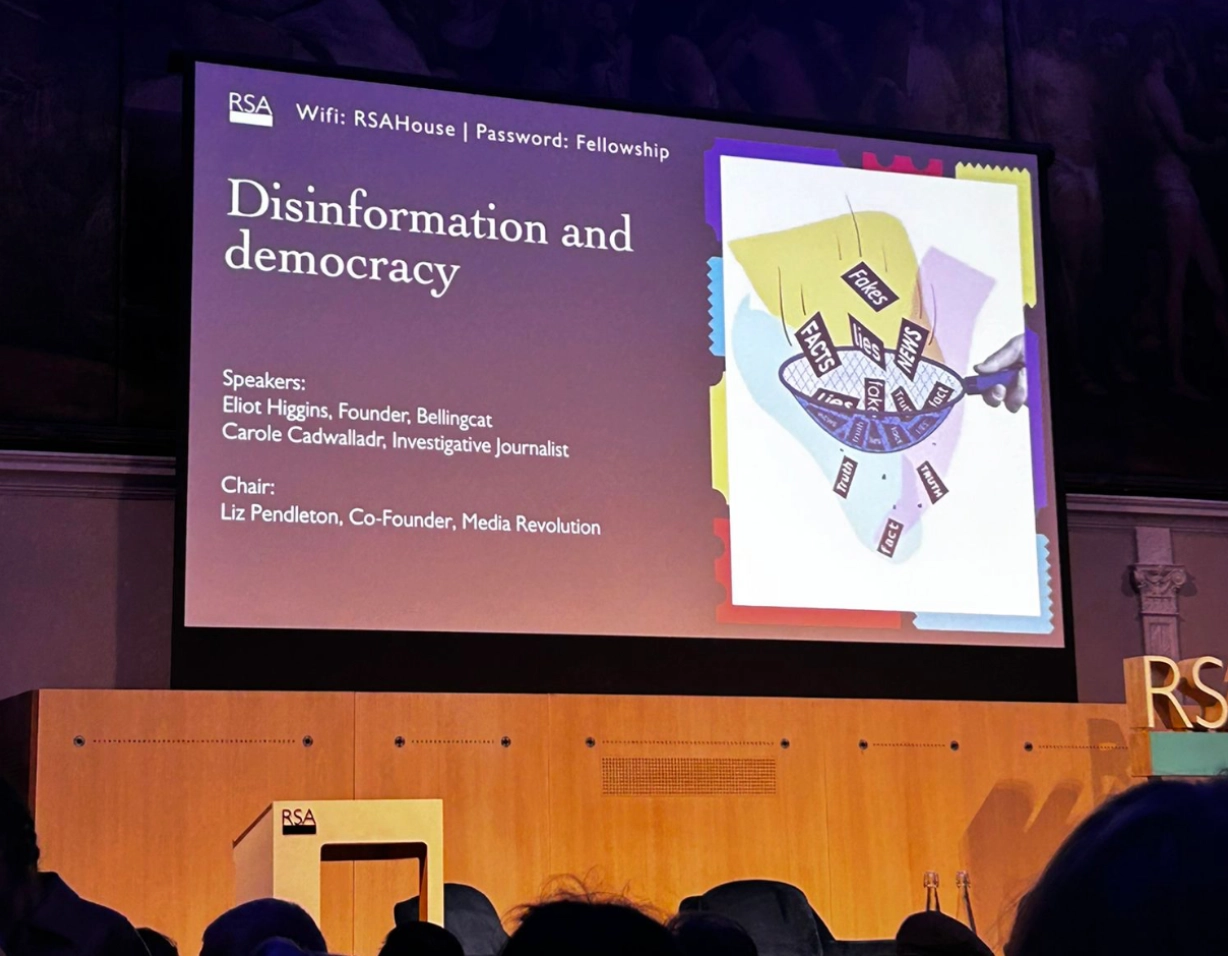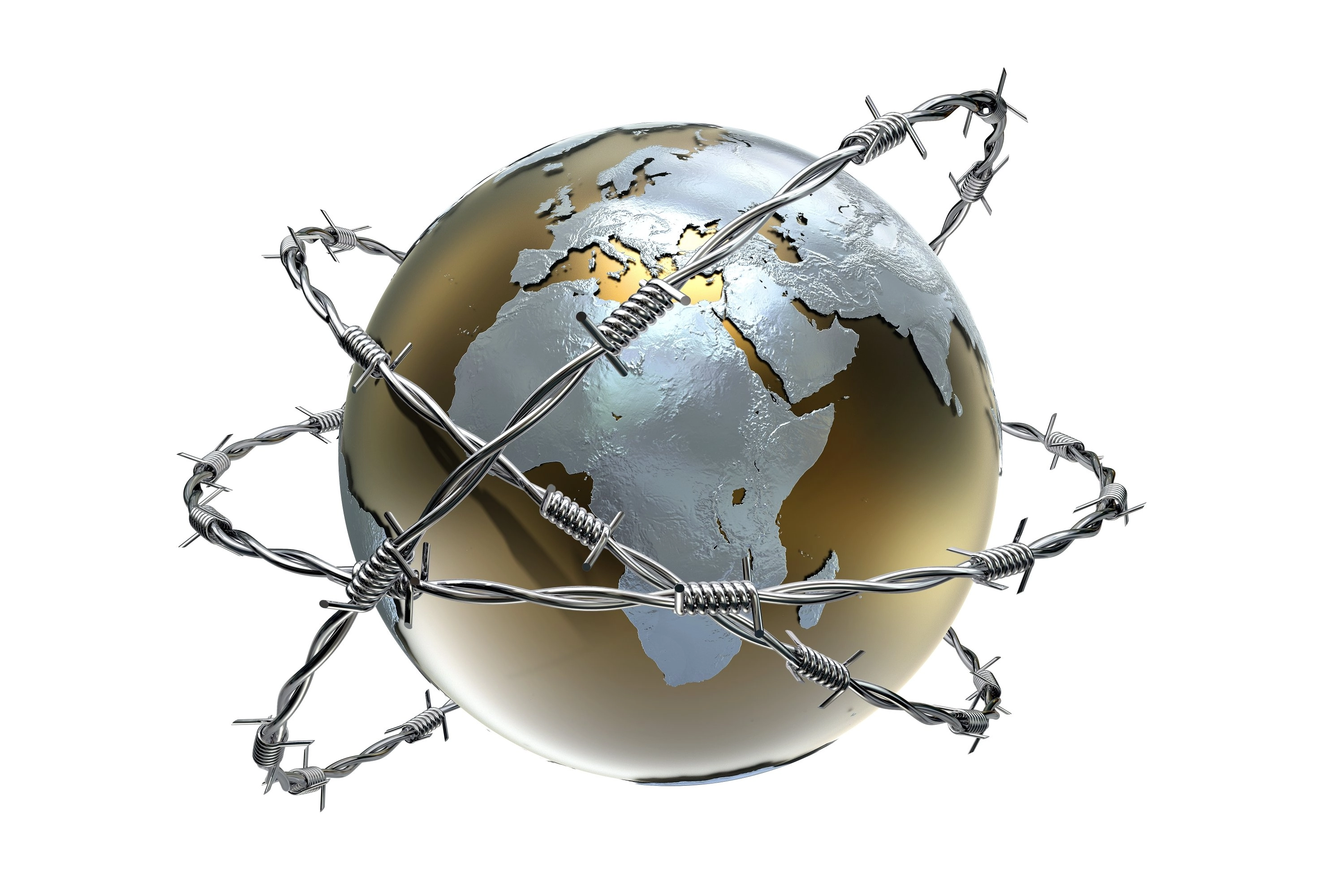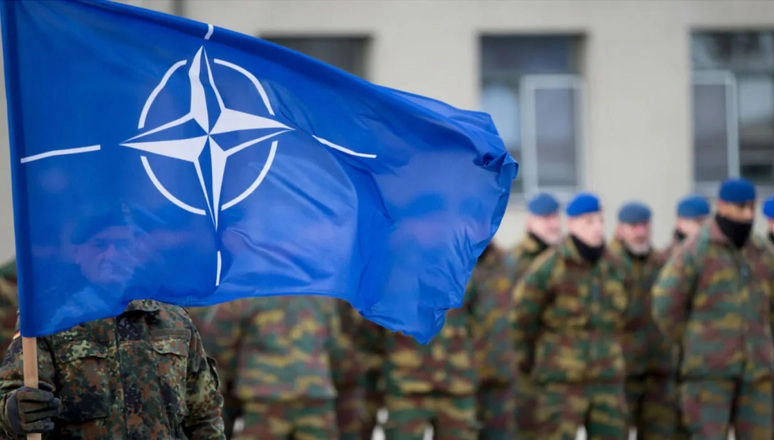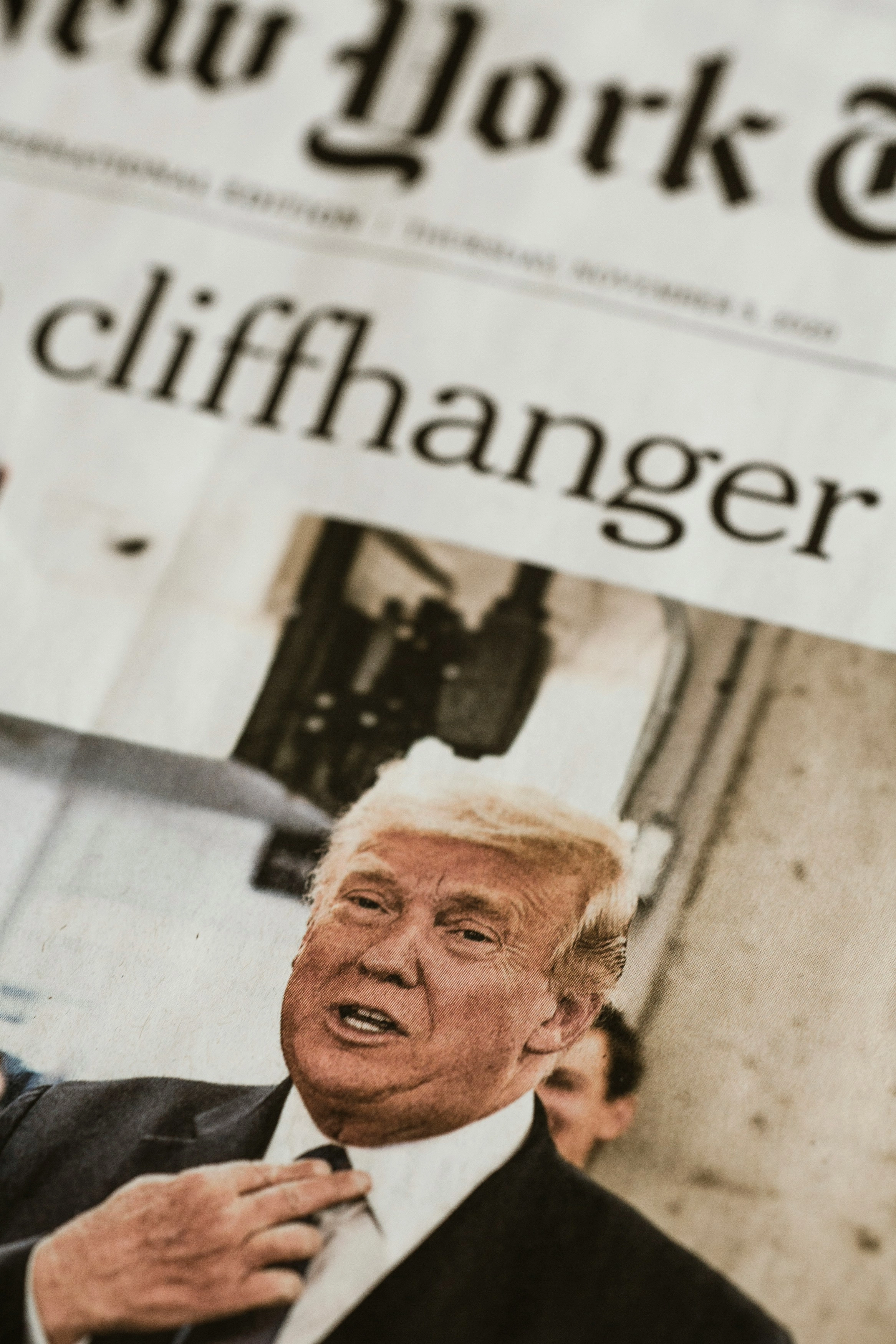Trump’s Pattern of Contradictions
Trump’s seemingly inconsistent policy positioning has become one of the defining features of his governance, functioning as a mechanism through which he maintains control over both his political narrative and his coalition of supporters.
Trump’s ideology has been defined by a long list of decisions that, on the surface, appear contradictory. He is an unwavering supporter of Israel, yet he also became the first U.S. president to invite Syria’s head of state, one of Israel’s primary adversaries, to the White House. He assembled a Supreme Court which overturned fifty years of abortion precedent under Roe v. Wade, yet later stripped pro-life language from the Republican Party platform. He aligned himself with anti-LGBT figures, yet presided over a GOP platform that now explicitly accepts marriage equality. He authorized military support for Ukraine, while simultaneously drawing criticism for conciliatory rhetoric toward Vladimir Putin. He triggered the longest government shutdown in U.S. history, while ultimately greenlighting the release of the Epstein files after intense pushback. And most recently, he has publicly praised newly elected New York City mayor Zohran Mamdani, after previously threatening to deport him. Each of these moments seems like indecisiveness or lacking in a core policy agenda.
Yet taken together, these examples illustrate a broader pattern which has defined Trump’s governing style as his second term progresses. Mainstream media largely paints this ambiguity as reckless, destructive chaos, or, in the case of Fox News, ignores it entirely.
Trumpism Through a Rational Choice Lens
However, another way in which to understand Trump and Trumpism as a whole is through a rational choice framework, where we try to rationalise Trump’s decisions in the hopes we are able to understand his actions, be they negative or positive. It can be assumed that, like others, Trump is trying to maximise a finite set of outcomes, with political leverage likely being one of his biggest goals. Political leverage allows Trump to dominate the global order, whilst also aiding him in pursuing electoral supremacy for his agenda domestically.
Trump’s ambiguity infamously shines when it comes to regional security, diplomacy, and international relations. This is most notable when tracking rhetoric regarding Russian dictator Vladimir Putin. On one hand, Trump dominates the negotiating table, claiming to have the upper hand over Putin. Yet, Trump also capitulates to Putin, going as far as to saying that Ukraine should give up territory to Russia in order to end the ongoing war in Ukraine. This creates an incredibly unfavourable view of Trump to the U.S.’s core allies in western Europe. France, Germany, the United Kingdom, and Poland are becoming increasingly aggressive towards Russia, and have consistently voiced unconditional support for Ukraine and Ukraine’s complete territorial integrity, much in contrast to Trump’s pragmatism.
This dynamic has led critics to portray Trump as either overly deferential to Putin or as lacking clarity due to age-related concerns. These claims remain speculative. Using the Ukraine War as a case study, we can attempt to understand why Trump manoeuvres in this way.
How Ambiguity Operates as Strategy and Creates Risk
To understand the strategic pressures surrounding Trump’s decisions, it is also useful to consider the interests of influential actors within his broader coalition. For example, Peter Thiel is an American entrepreneur and co-founder of Palantir Technologies. Amid the market surge driven by Nvidia’s AI revolution, Palantir has consolidated itself as the kingmaker of defense, security, and intelligence software. Palantir has a multitude of contracts established under Trump for the sake of counter-terrorism, surveillance, and military technology. Lastly, Thiel is an ardent Trump-supporter.
Trump’s goal in trying to maximise his political leverage and satisfy stakeholders, such as Thiel, reaches a roadblock when he's tackling Putin, Ukraine, and Western Europe together.
If Trump were to unconditionally align with Western Europe, he risks alienating Putin and loses leverage over a critical opponent. If Trump were to side with Putin, he obviously risks dismantling a U.S- led NATO. Both outcomes would likely be perceived as critical diplomatic failures on behalf of Trump.
Not to mention that each outcome leads to Trump alienating one crucial actor. In the case of Palantir, whose business model is significantly strengthened by ongoing geopolitical instability, Thiel and his associates need a global political environment that is conducive to the sale of intelligence software and defense technology. This can be seen in Palantir’s ventures in AI software related to the production of unmanned drones, a path the company began pursuing only after drones became a core component of the battlefield in the Ukraine War.
Thus, even if Trump wants to ditch western Europe and side with Russia to subdue Ukraine and end the armed conflict, he still risks cutting off revenue for companies like Palantir, whose stock price would most likely fall in the event of a peace treaty. This could send negative signals across adjacent tech sectors, including firms like Nvidia, the most valued company in the world. Such a scenario could easily be weaponised by political opponents as evidence of a weakening U.S. economy. Additionally, if Trump cannot satisfy his powerful supporters in the stock market, then his entire political infrastructure becomes increasingly vulnerable.
So, in just this one situation, we see an expansive range of actors with competing interests, all of which have a direct impact on Trump’s goal of political leverage. Now consider similar dynamics at play vis-a-vis Gaza and Sudan.
This same framework of analysis can be repeated for all of Trump’s ambiguous takes. And when looked at through this lens, Trump’s unpredictability looks less like self-annihilation, and more like a tedious balancing act. It is unclear whether or not this approach is viable long term, and the worst case scenario of any zero-sum game is that everyone loses. However, this is also where Trump’s opposition needs to sharpen their tactics. If Trump succeeds in this balancing act, then his political leverage, and the legacy it produces, will shape U.S. domestic and foreign policy for decades.




